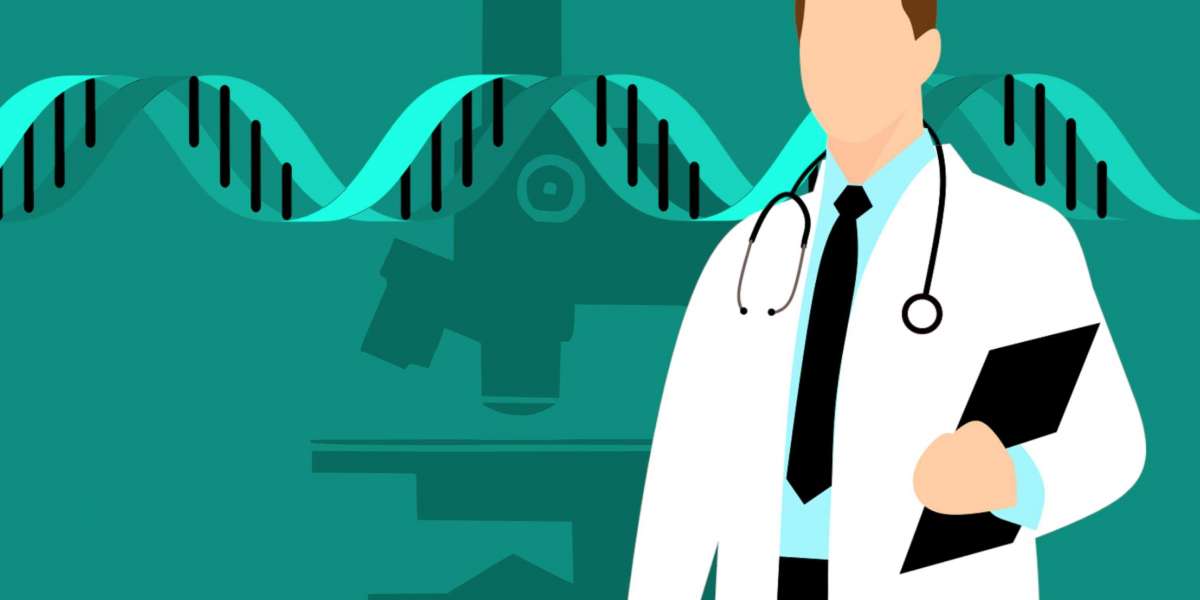Statistics paint a clear picture. Davidson County residents, on average, report more "poor mental health days" than the state or national average – an average of 5.3 days per month, according to NashvilleHealth. This outpaces peer cities, the state average (4.5 days), and the national average (3.8 days). Issues like anxiety, depression, and substance use disorders are prevalent, touching lives across all demographics and income levels. For instance, in 2021, over 937,000 adults in Tennessee experienced a mental condition, highlighting a statewide challenge that includes Music City. Roughly one-in-five adults (22.1%) in Davidson County reported a depressive disorder diagnosis nashville mental health .
Several factors contribute to these challenges in Nashville:
Workforce Shortages: Like many areas, Nashville faces a significant shortage of mental health professionals, including psychiatrists, psychologists, and therapists, creating bottlenecks for those seeking timely care. Nearly all of Tennessee is classified as a mental health professional shortage area, with only 16.3% of the need for mental health professionals being met statewide. This impacts the availability of psychiatric beds as well, with Tennessee experiencing a 9% decrease in psychiatric beds between 2016 and 2023.
Stigma: Despite increasing awareness, the stigma surrounding mental illness persists, preventing many from openly discussing their struggles or seeking help due to fear of judgment or discrimination.
Access and Affordability: Even with insurance, navigating the mental healthcare system can be complex, and out-of-network costs can be prohibitive. For the uninsured or underinsured, finding affordable care is an even greater hurdle, with individual therapy sessions often ranging from $100-$250+ per session without insurance. Data shows that among insured adults with fair or poor mental health, 44% said they didn't get needed mental health care because they couldn't afford it.
Integrated Care Gaps: While the benefits of integrating mental and physical health care are well-known, fully implemented models are still evolving, leading to fragmented care for some.
A City Responding: Resources and Initiatives
Despite these hurdles, Nashville is not standing still. A vibrant network of dedicated organizations, healthcare systems, and community initiatives are working tirelessly to improve mental health outcomes for all Nashvillians.
Here are some of the vital resources available:
Major Healthcare Providers:
Vanderbilt Behavioral Health offers comprehensive inpatient and outpatient services, including specialized programs and 24/7 crisis assessment.
TriStar Health hospitals provide personalized therapies in safe, supportive environments, with both inpatient and outpatient programs.
Nashville General Hospital and Rogers Behavioral Health (in nearby Brentwood) also provide a range of services for various mental health conditions.
Public and Community Services:
The Metro Public Health Department is a crucial resource, offering free mental health counseling, screenings, and referrals, particularly for those with limited financial means. Contact them at 615-340-2172.
Centerstone provides a broad spectrum of mental health and substance use disorder services with a focus on individualized care across multiple Nashville locations.
The Tennessee Behavioral Health Safety Net offers essential mental health services for uninsured and underinsured adults (18+) and children (3-17) who meet eligibility criteria.
Mental Health Cooperative offers emergency psychiatric services and intake services for ongoing care, with several locations in Nashville and surrounding areas, including a 24-hour Crisis Walk-in Center at 250 Cumberland Bend, Nashville.
Crisis Support:
The 988 Suicide Crisis Lifeline is available 24/7 for immediate support. Call or text 988.
The TN Dept of Mental Health 24 Hr Crisis line (855-274-7471) and the local Mobile Crisis Line (615-726-0125) offer direct assistance during mental health emergencies.
Crisis Walk-in Centers offer face-to-face, 24/7 evaluation for those experiencing a mental health emergency (call 855-CRISIS-1).
Substance Use Resources: The Tennessee REDLINE provides 24/7 information and referrals for alcohol, drug, and problem gambling issues (call or text 800-889-9789). Many organizations offer recovery programs like AA, NA, and SMART Recovery.
Advocacy and Support Groups:
NAMI Tennessee (National Alliance on Mental Illness) NAMI Davidson Co. are cornerstones for support, offering peer-led groups for individuals living with mental health conditions (NAMI Connection) and for their families (NAMI Family Support Group). They also provide education and advocacy.
Mental Health America of Middle Tennessee also offers vital resources and support.
Online directories like Psychology Today list various group therapy options in Nashville focusing on specific issues like OCD, anxiety, and general well-being.
Innovative Programs and Accessibility:
The Tennessee Titans' "Victory Over Stigma" program, in partnership with the Cheatcode Foundation, is actively working to reduce stigma and provide free mental health care in specific Nashville neighborhoods.
The state's Peer Wellness Initiative empowers individuals with lived experience to support others on their recovery journeys.
Family Care Center offers comprehensive, integrated outpatient care for all ages, including therapy, psychiatry, medication management, and TMS, with convenient in-person and online options.
Lipscomb Family Therapy Center offers lower-cost therapy options, sometimes on a sliding scale ($10-$50 per session), making therapy more accessible.
A Call to Action for a Mentally Healthier Nashville
While significant progress has been made, continuous effort is needed to ensure every Nashvillian has access to the mental health care they deserve. This involves:
Continued Investment: Increasing funding for mental health services, especially for underserved populations, is paramount. The TDMHSAS recently awarded $5.2 million in grants to create affordable housing for individuals living with mental illness and substance use disorders.
Workforce Development: Attracting and retaining more mental health professionals through scholarships (like the Tennessee Behavioral Health Pathways Scholarship), loan forgiveness programs, and improved working conditions is crucial.
Stigma Reduction: Ongoing public awareness campaigns and open conversations are vital to normalize seeking help and create a more compassionate community.
Integrated Care Expansion: Promoting models where mental health services are seamlessly integrated into primary care settings for holistic wellness.
Prevention and Early Intervention: Focusing on proactive measures, especially for youth, to address mental health concerns before they escalate. Programs like "On Track TN: First Episode Psychosis Initiative" target early intervention for youth and young adults aged 15-30.
Nashville's heart beats strong, and its commitment to caring for its own extends to the mental well-being of every resident. By fostering a culture of understanding, prioritizing access to care, and empowering individuals to seek help, Music City can truly become a beacon of mental health and wellness for all.








